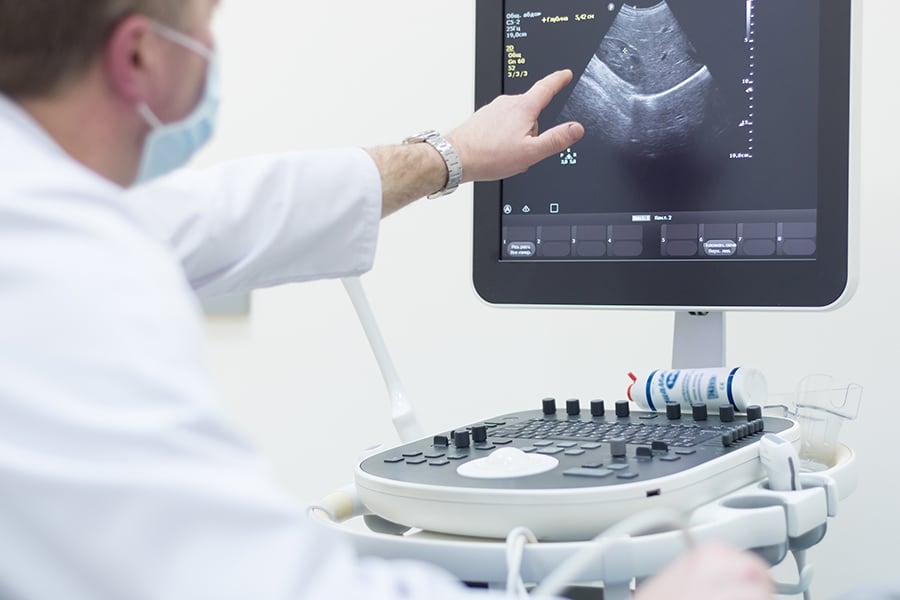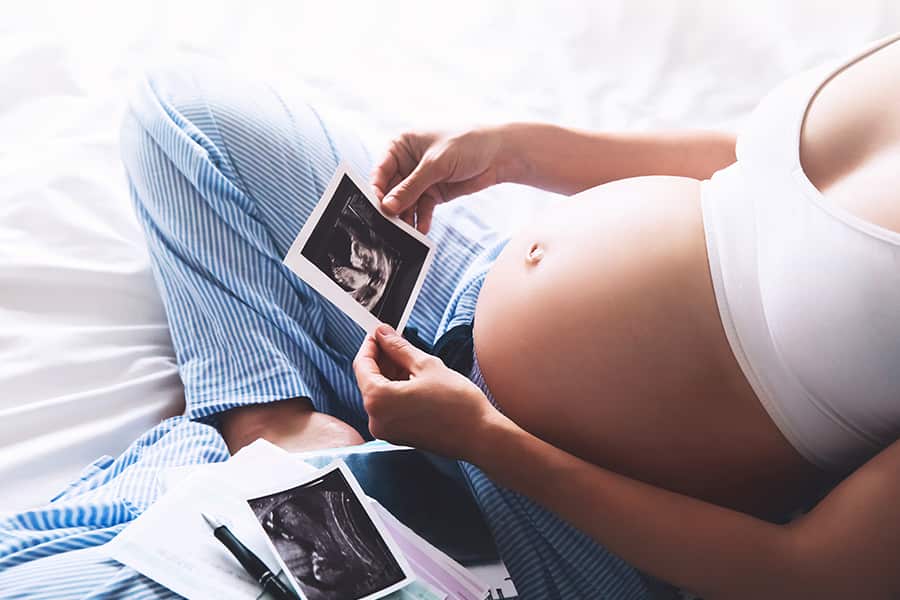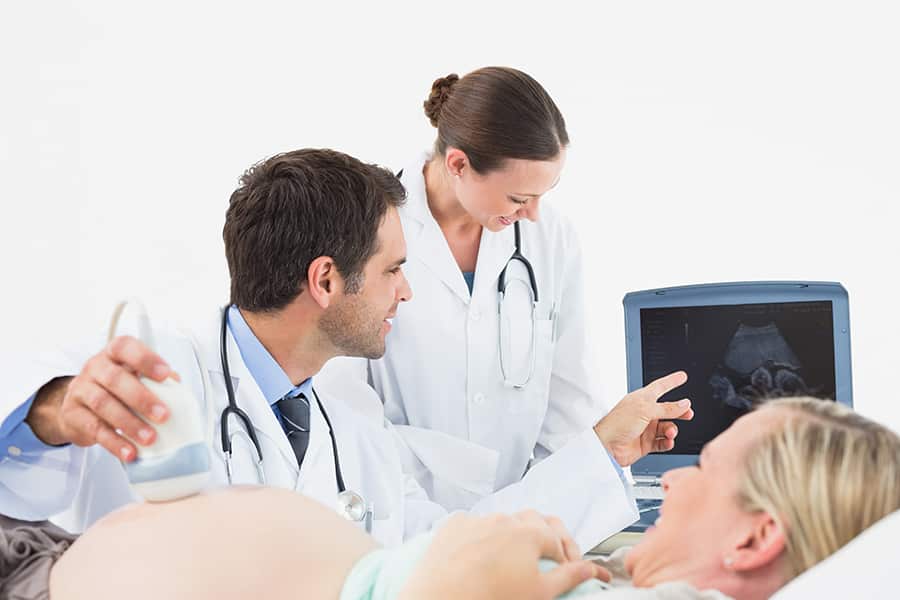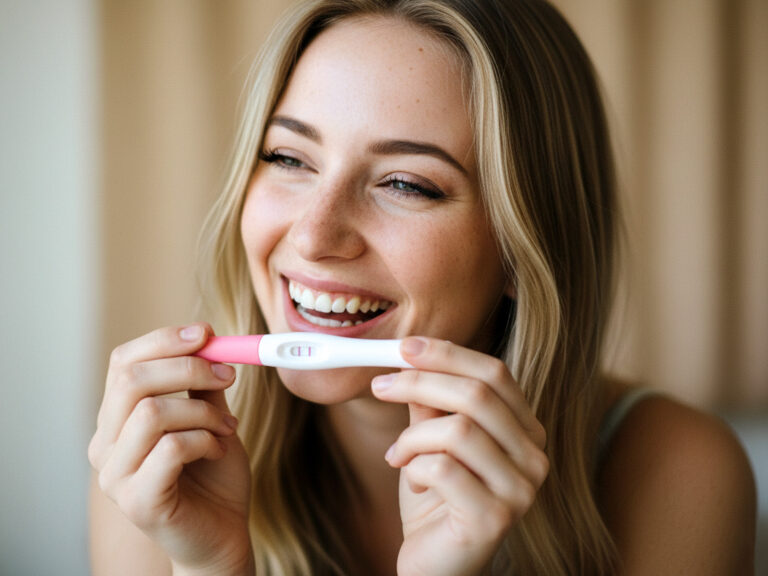Getting pregnant is as magical as it is scary. From the horrible morning sickness to the joy that comes with experiencing the first kick, this part of your life is bound to evoke a myriad of emotions. Moreover, you have to take extra precautions and care, be it avoiding certain types of foods or getting ultrasounds.
In fact, ultrasounds are a standard for pregnancies since it’s an effective and easy way to ensure you and your growing baby are both healthy. Typically, a pregnancy includes two standard ultrasounds to detect the development of your little one.
But if you’re just becoming a mom, all of this will be new to you. Chances are, you have no clue about the number of ultrasounds necessary and when you should schedule them. Below we discuss when you should go for an ultrasound and what those will help you achieve:
Understanding the Basics of Ultrasounds
Ultrasounds comprise the sending and detecting of sound waves. During an ultrasound, your OB-GYN, doctor, or an expert technician uses an innovative design referred to as the transducer to send high-frequency sound waves from your uterus.
These waves bounce back to the machine that converts the received signals into images of your growing baby. With the help of this, doctors can track the baby’s development, scan the placenta, amniotic fluid, uterus, and pinpoint any possible genetic abnormalities.
Thankfully, ultrasounds use no radiations, whereas the used frequencies are risk-free. Your only concern will be that the gel feels cold upon coming in contact with your tummy. In healthy pregnancies, only two ultrasounds are necessary.
Typically, the first one is scheduled towards the end of the first trimester, aka when you reach the 11th or 14th week. The second one occurs between the 18th to 20th week.

What Happens During the First Trimester Ultrasound?
Often referred to as the ‘dating scan,’ this ultrasound helps doctors spot any abnormalities, as well as analyze the gestational age of the developing child. Here your doctor will:
● Confirm the Pregnancy
Your doctor will locate your growing baby’s heartbeat to confirm whether you’re pregnant or not.
● Evaluate an Estimated Due Date
During your 11th week, experts can measure the fetus. In turn, your doctor can find out either the gestational age or evaluate how far along you are. Both things help them calculate an appropriate due date.
● Detect the Growing Babies
Another thing your doctor can confirm by taking your ultrasound is the number of babies. If the scanning shows multiple fetuses, your doctor will be able to detect it and tell you.
● Inspect Ectopic Pregnancies
An in-depth screening will help ensure your pregnancy is healthy and developing in the appropriate place. There’s a slight chance the fertilized egg may attach itself outside the uterus, which ultrasound will help detect.
● Screen and Detect for Genetic Disorders
Nuchal translucency (NT) tests take place during the first trimester to check for Down syndrome, congenital heart diseases, and additional chromosomal abnormalities.
Moreover, your doctor will take a blood test to measure hormones and proteins. In addition, they’ll measure the thickness of your developing child’s neck.
What Happens During the Second Trimester Ultrasound?
The second-trimester ultrasound is otherwise referred to as ‘Anatomy scan,’ where the doctor examines the development of organs. They’ll also check the position of the placenta. Here you can expect your doctor to:
● Find Out the Baby’s Biological Sex
Here your doctor can detect your baby’s biological sex. In case you want to keep the baby’s biological sex a surprise, inform your health professional to ensure they don’t tell you.
● Check on Their Anatomy
While the first-trimester ultrasound helps detect genetic complications, the second one helps rule out any abnormalities in your child’s anatomy. Your doctor will analyze their kidneys, heart, spine, face, brain, and limbs.
● Examine the Position of the Placenta
If your placenta’s position covers your cervix, it will obstruct the fetus’s path during labor. In such instances, an obstetrician will recommend you to get additional ultrasounds.
Reasons to Get Additional Ultrasounds
Typically, a pregnancy requires no more than two ultrasounds. However, there are numerous reasons why you may have to take multiple ultrasounds.
For starters, there’s a slight chance your first ultrasound takes place before reaching the 11 to 14-week mark. The reason being that intrauterine pregnancy starts showing by the 6th week, which means it allows doctors to evaluate how far along you are. In turn, you may have to take one during your 6th week, as well as between 11 to 14 weeks.

On the flip side, if your doctor detects any abnormalities or complications, you’ll have to take additional ultrasounds. Be it the abnormal positioning of your placenta or the risk of a birth defect, it’s vital to follow your doctor’s orders to ensure a healthy pregnancy. Here’s how you can reduce the risk factors:
- Smoking or consuming alcohol during pregnancy can increase the risk of developing a birth defect.
- Parents suffering from asthma, high blood pressure, or inadequate weight gain can increase the risk of your little one being underweight.
- Overweight or patients with gestational diabetes can spike up the risk of your baby being overweight.
In case of any weight, age, or medical risks, your medical assistant may recommend you to get weekly ultrasounds. It helps ensure the amniotic fluid, as well as the fetal movement, are completely healthy.
What’s the Safe Number of Ultrasounds?
Generally speaking, ultrasound is safe and poses no threats. However, an ultrasound might heat up your tissues and allow the development of cavitation. But research has yet to discover the effects of heated tissues or cavitation.
Meaning while these are perfectly safe in a medical institution conducted on the basis of a prescription and practiced by an expert, you should avoid unprescribed ultrasounds.
The Final Words
Ultrasound exams are a vital part of pregnancy. Essential to make sure your baby is safe, the thought of additional checkups may leave you stressed or anxious. This is why it’s always a good idea to talk about it with your doctor.
If you have any questions, concerns, apprehensions, unease, or worry about your fetus’ development contact your health care provider immediately.



